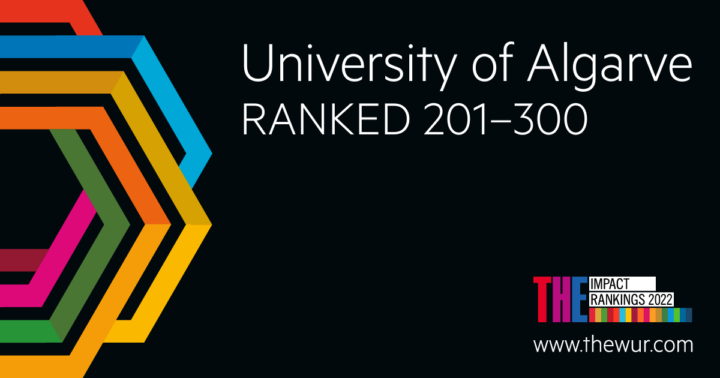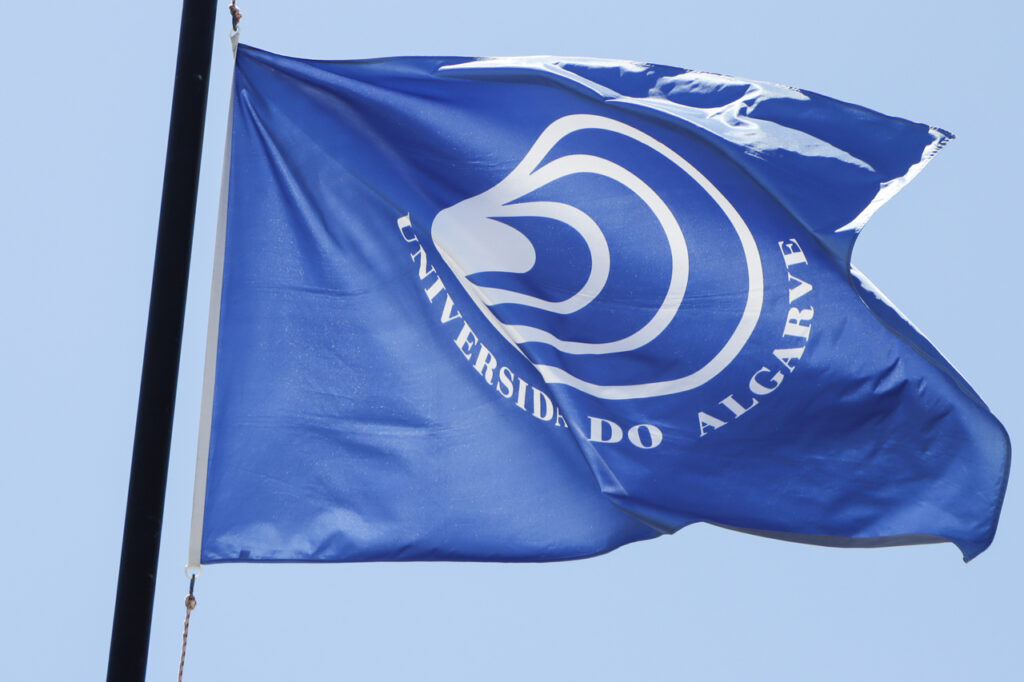The University of Algarve (UAlg) is part of the Times Higher Education Impact Rankings for the third time, which globally assesses the performance and contribution of universities to the United Nations Sustainable Development Goals (SDGs).
In the fourth edition, UAlg was ranked 201-300 in the general classification, among 1406 Higher Education Institutions (HEIs) from 106 countries, with this edition having 288 more HEIs and 12 more countries than the previous edition.
In the Times Higher Education Impact Rankings, universities can submit data for the number of SDGs they wish, but to be included in the global ranking they must submit data for a minimum of four SDGs, with objective 17. UAlg was evaluated in the 17 ODS, having obtained an overall rating of 79.8 out of 100, an increase of 0.6 compared to 2021 (79.2).
In this ranking, universities are evaluated on three indicators: research, administration, and direct action.
«The Academy stood out in SDG 5 – Gender Equality (70,5), ranking 48th out of 938 HEIs that showed evidence of contributions to this objective; SDG 7 – Renewable and affordable energy (70,6), ranked 63 out of 705 HEIs, SDG 16 – Peace, justice and effective institutions (79,5), ranked 91 out of 809 HEIs, and SDG 17 – Partnership for the implementation of the objectives (73,5), occupying the position 301-400 in 1438 HEIs. The Institution also stood out in SDG 14 - Protecting Marine Life (71,1) where it ranked 73 out of 452 HEIs», says the University of Algarve in a statement.
«Inclusion in this ranking and the results obtained are a great achievement for UAlg because it is recognized as a pioneer at a global level, demonstrating its commitment not only to supporting the Sustainable Development Goals through teaching, research and knowledge transfer, but also to incorporate these objectives into the Institution's main guidelines», concludes UAlg.



















Comments